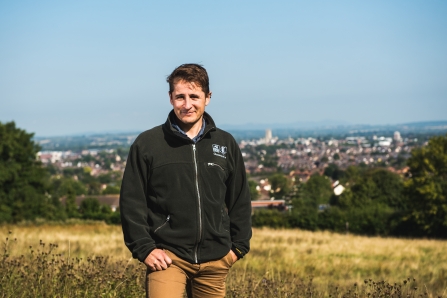The Wildlife Trusts fought hard to secure an Environment Bill to hold the Government to their promise that existing levels of environmental protection would be retained as Britain leaves the European Union. Wildlife is in freefall and the Government’s proposals for a new Environment Bill will weaken the existing protection.
This is a watershed moment, if we are to leave the environment in a better state for the next generation. We must choose whether we are serious about nature’s recovery or continue down the path of declines and extinction. Without a strong Environment Bill, enforced by an independent and powerful watchdog that decision has been made for us.
With few consequences for destroying the environment and no targets for nature restoration the UK will continue to be one of the world’s most nature depleted countries.


